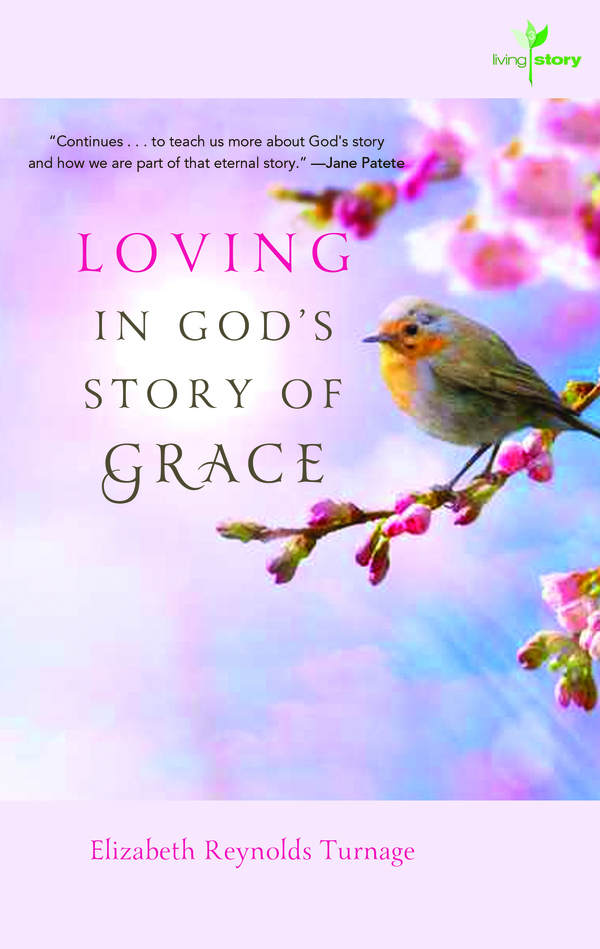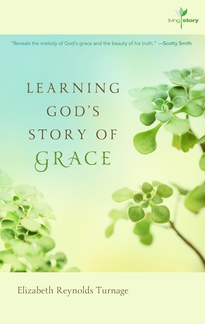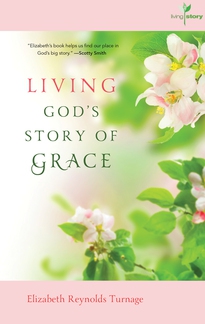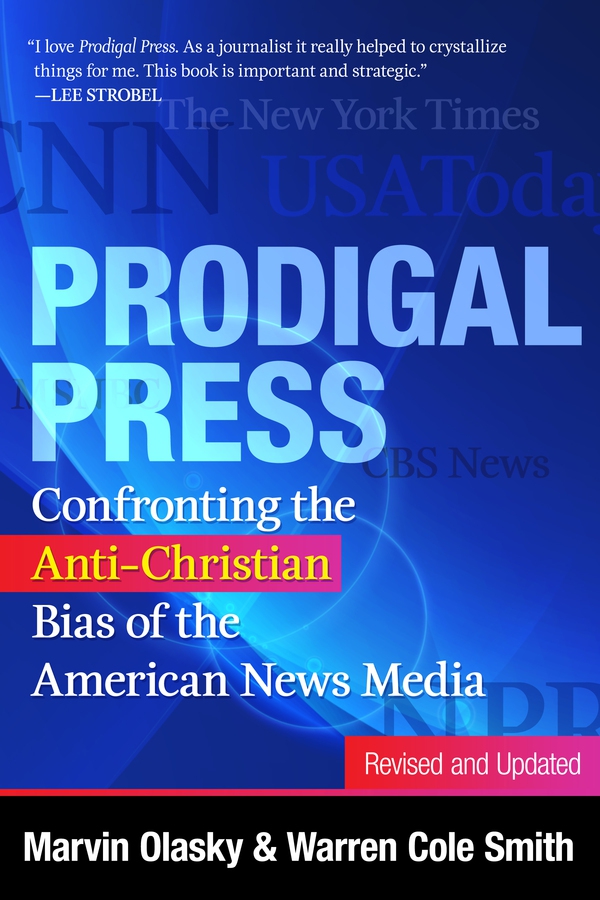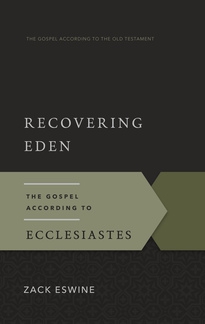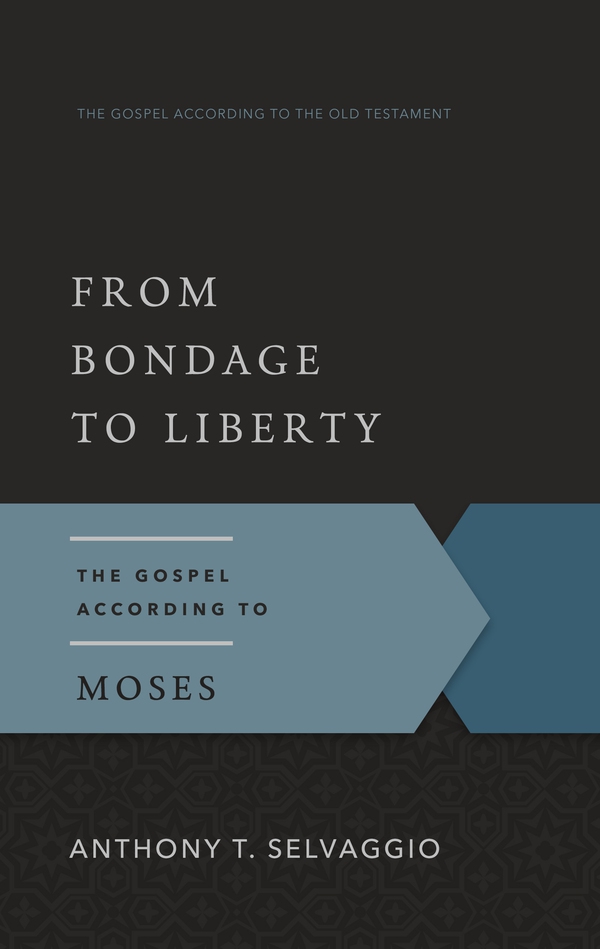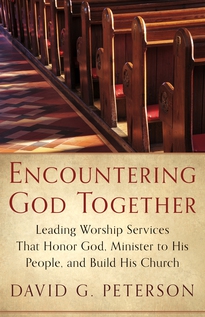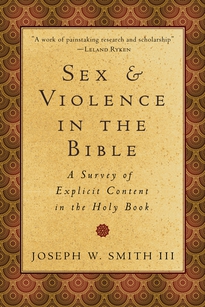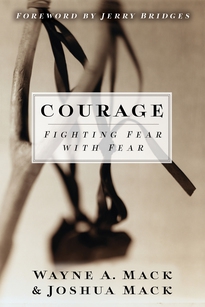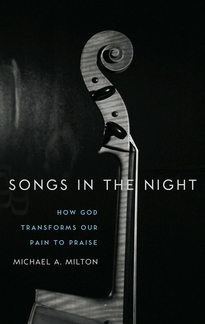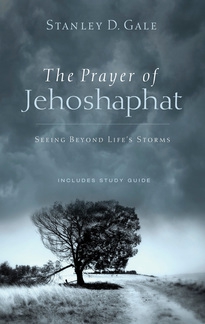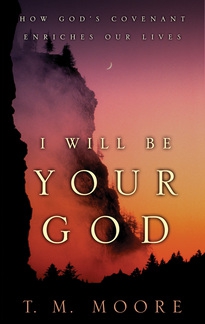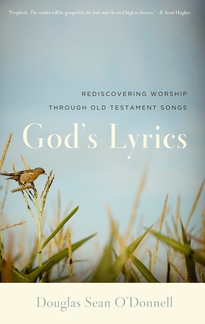This week we have an interview with Brad Hambrick, author of 3 booklets in the Gospel or Real Life series: Burnout: Resting in God’s Fairness, God’s Attributes: Rest for Life’s Struggles, and Vulnerability: Blessing in the Beatitudes. The Gospel for Real Life booklet series by the Association of Biblical Counselors (ABC) applies the timeless hope of Christ to the unique struggles of modern believers. P&R will be releasing 2 new GRL booklets written by Brad Hambrick at the end of April – Romantic Conflict: Embracing Desires That Bless Not Bruise, and Self-Centered Spouse: Help for Chronically Broken Marriages.
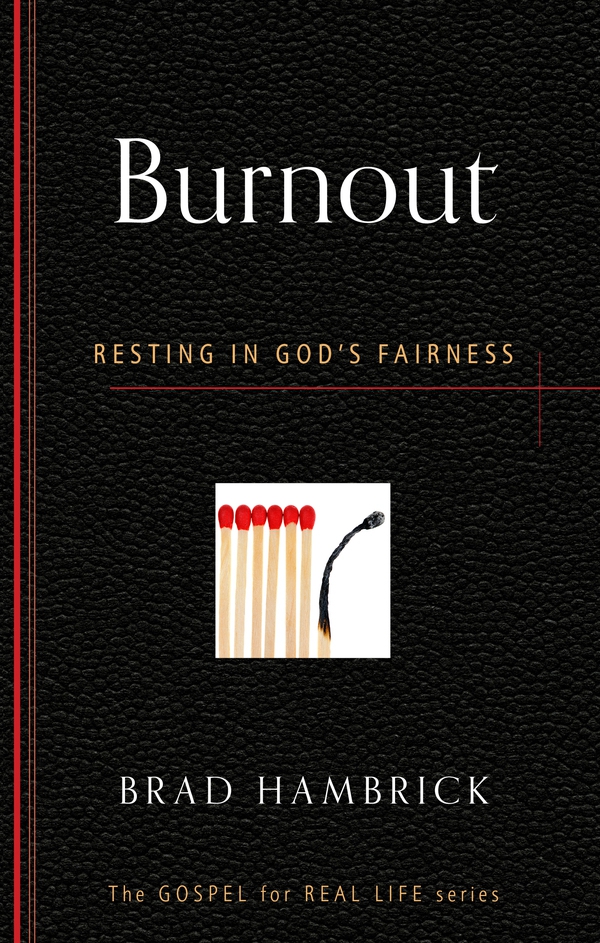
- Question #1 – Tell us a little bit about yourself: where you’re from, family, job, personal interests, unique hobbies, what do you do in your spare time, etc.
“I grew up in a small farming community in the Mississippi River bottoms of western Kentucky. There were as many cattle as people, and it was a thirty-minute drive to the nearest McDonald’s. My younger brother and I spent much of our time exploring the multi-acre woods behind our house and the rest tossing a baseball in the back yard.
I came to faith as a 9 year old. While I didn’t understand much more than I was a sinner in need of what Jesus did for me on the cross, the simple truths of the gospel were enough to change my heart and change the course of my life. After high school, I attended Union University; my first intentional step towards a call to the ministry. The Christian environment and the opportunity to serve at Calvary Baptist Church as Youth Minister/Director of Urban Outreach confirmed this calling. I joyously changed my major from computer science to a double major in Christian Ministry and Psychology—joy fed in part by the freedom from Calculus II.
During my final year at Union, on a second blind date with the same young lady, I began dating the woman who would be my wife. We dated for nine months and were engaged for six. That fall, Sallie and I departed for Wake Forest, North Carolina to attend Southeastern Baptist Theological Seminary (SEBTS) where I completed the Masters of Divinity in Biblical Counseling and after that a Th.M. in applied theology. It was during these years that a passion for counseling built upon the core convictions of the sufficiency of Scripture, the centrality of the local church, and the necessity of the local church began to solidify in my approach to ministry.
I left SEBTS for Crossroads Counseling in Augusta, Georgia with one general goal – to learn how many ways biblical counseling could effectively benefit and interact with the life and mission of the local church. This was a challenging and rich nine years of ministry. During this time a fourth conviction began to emerge in my approach to counseling — a balanced perspective on how the gospel speaks to both sin and suffering.
Then in January 2011 our family moved back to Raleigh-Durham, NC when I accepted a position as Pastor of Counseling at The Summit Church and Adjunct Professor of Biblical Counseling at Southeastern Baptist Theological Seminary. The exploration of how counseling can bless and advance the mission of the local church continues . . . ”
- Question #2 – What inspired you to write God’s Attributes: Rest for Life’s Struggle?
The Back Story: I came home from church discouraged after hearing a great sermon. Sounds awkward, I know, but it felt even more awkward. I knew I shouldn’t feel that way. Hearing a clear presentation of who God is should have either brought conviction or motivation. But in this case, I was just discouraged. That led to some soul searching. I realized I was feeling pressure. I didn’t want to know “one more thing” about God that I couldn’t do, when I was still working on emulating what I did know. As I put this into words, I realized I needed to think differently about how I related to God.
That led to the first major insight of this booklet: I should seek to rest in any attribute of God (i.e., find comfort, trust, or security) before I try to emulate that attribute. Resting in God is what makes imitation a sustainable life of worship rather than a driven life of performance. I had quit resting in God’s character. God was my benchmark more than He was my refuge. As this changed, I noticed how the Psalms–which frequently celebrate God as our rock, refuge, hiding place, etc. — came alive to me in fresh ways.
That brought me to the second major insight of this booklet: Our battle from and against suffering and sin is first and foremost a battle towards and for God. My discouragement stemmed from the fact that I was battling alone. I was treating God as an observer of my battle from suffering and against sin. I was living as if God was just there to be the standard against which I measured my efforts.
As that veil lifted, I came to the third and most soul-refreshing insight of this booklet: If in our struggle to conquer sin and alleviate suffering we fail to learn and treasure God more, we have missed the most important thing God is doing in the midst of these experiences. Doctrine was no longer mere doctrine. It was an invitation to a relationship. Performance was no longer strained moral effort, but the imitation of a child towards a good father. I was being drawn to someone who loved me. The journey was now part of the relationship.
That is what led me to write God’s Attributes: Rest for Life’s Struggles. I hope that those who have fallen into a similar mode of relating to God will benefit from this resource. In the next post, I will say more about the format and devotional nature of this booklet.”
- Question #3 – How do you deal with writer’s block?
“Keep writing. I can always go back and revise something that didn’t work, but at least I’ve got some core concepts on paper. If I look at them in a day/week or two, then I can usually find a way to make the concepts work better. But if I’ve lost the thought, then it’s very hard to retrieve.”
- Question #4 – What has been the toughest criticism given to you as an author? What has been the best compliment?
“Criticism – You need to use more examples and case studies in your writing (they’re right).
Compliment – Thank you for helping me see I’m not crazy (especially those coming from abused or traumatic backgrounds).”
- Question #5 – Favorite sports team to watch?
“St. Louis Cardinals and the University of Kentucky Wildcats.”
- Question #6 – Lord of the Rings or The Chronicles of Narnia?
“Both – listen to the audio theatre version of each with my boys at least once per year”
==========================================================================
 Brad Hambrick is pastor of counseling at The Summit Church in Durham, North Carolina; chief editor of the Journal of Counseling and Discipleship; and adjunct professor of biblical counseling at Southeastern Baptist Theological Seminary.
Brad Hambrick is pastor of counseling at The Summit Church in Durham, North Carolina; chief editor of the Journal of Counseling and Discipleship; and adjunct professor of biblical counseling at Southeastern Baptist Theological Seminary.
To learn more about Brad Hambrick, visit his blog www.bradhambrick.com or follow him on twitter @BradHambrick.
==========================================================================

